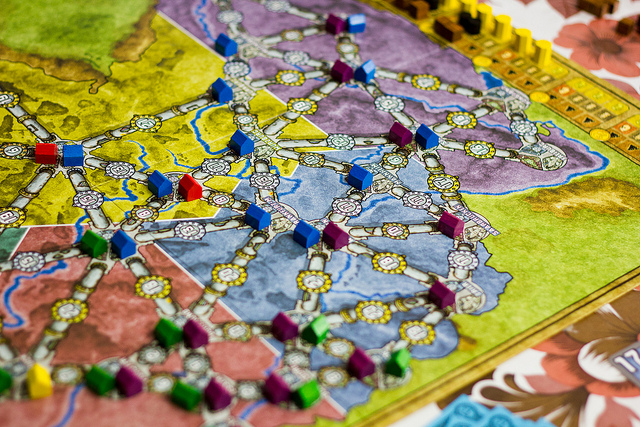Over the past 25 years, I have facilitated about 300 strategy conversations across more than 70 industries. When I think about the client organizations that went on to be most successful, one insight stands out: They were more focused on the quality of their conversation and the thinking being generated than they were on creating a document called “the plan.” While a written plan is an important output of a strategy development process, it’s not the real end-game.
The outcomes of a well-designed strategy development process go beyond the production of the document. At its best, strategy development is an organization-wide discovery and discernment process, at the end of which you should be able to say the following:
We elicited new thinking. – “We looked at the realities we face while encouraging people to think beyond historic routines and assumptions.” The strategy should balance critical inquiry (e.g., reality testing) with imagination (e.g., audacious aspirations).
We leveraged change and continuity. – “Our plan creates a healthy tension between what is and what might be.” While strategy is often about charting a new direction, it should also identify, preserve, and amplify the best parts of your organization’s current strengths and values.
We crafted a coherent story about our future. – “Our plan has a logical, clear, and compelling narrative – a story that can be easily conveyed to many different audiences.” More than a series of discrete goals and approaches, the strategy should put forth a set of causal hypotheses that link up what outcomes we seek to achieve with what we will do.
We mobilized shared commitment. – “Those with a stake in our organization’s future participated in the process in meaningful ways.” People in the organization should feel aligned with and committed to the direction described in the strategy.
We strengthened our culture. – “We reinforced the core values of our organization.” People should have had a chance to further explore, affirm, and model core values throughout the strategy development process.
The foregoing goals suggest that strategy development is more than an intellectual exercise. At its best strategic planning is a tool for fostering organizational change — one that requires not only intellect, but also intuition, imagination, and interconnection among people and ideas.
What do you want your strategy development process to achieve?
Photo Credit: Farley Santos

This is a great insight. We are in the process of creating the story of our future. Especially the, “what we will do part.” Thanks for the inspiration!
Thanks Stan. I can’t wait to hear “the story of our future” for the high school initiative you are leading!
Larry this was an excellent piece. I’ll be sharing it with others.
Kathy
Thank you Kathy. Yes, please feel free to share with anyone you think would find it of interest. You can also encourage them to sign up to receive the blog notification at http://www.bluewingconsulting.com
Larry, Thank you again for being on target with your writing. Very helpful for me today!
Glad this is useful Greg. I appreciate the feedback.
Larry, Thank you again for being on target with your writing. Very helpful for me today!
Larry this is brilliant! As always!! Particularly helpful for a number of projects we are working on. It is always so helpful to hear you remind us that the point is not the document, it is the larger outcomes like strengthening culture, eliciting new thinking, etc. that emerge from a great process.
Thank you Christine — I love it when useful insights and tools fall into my lap at exactly the right time. Glad I could be the source this time.